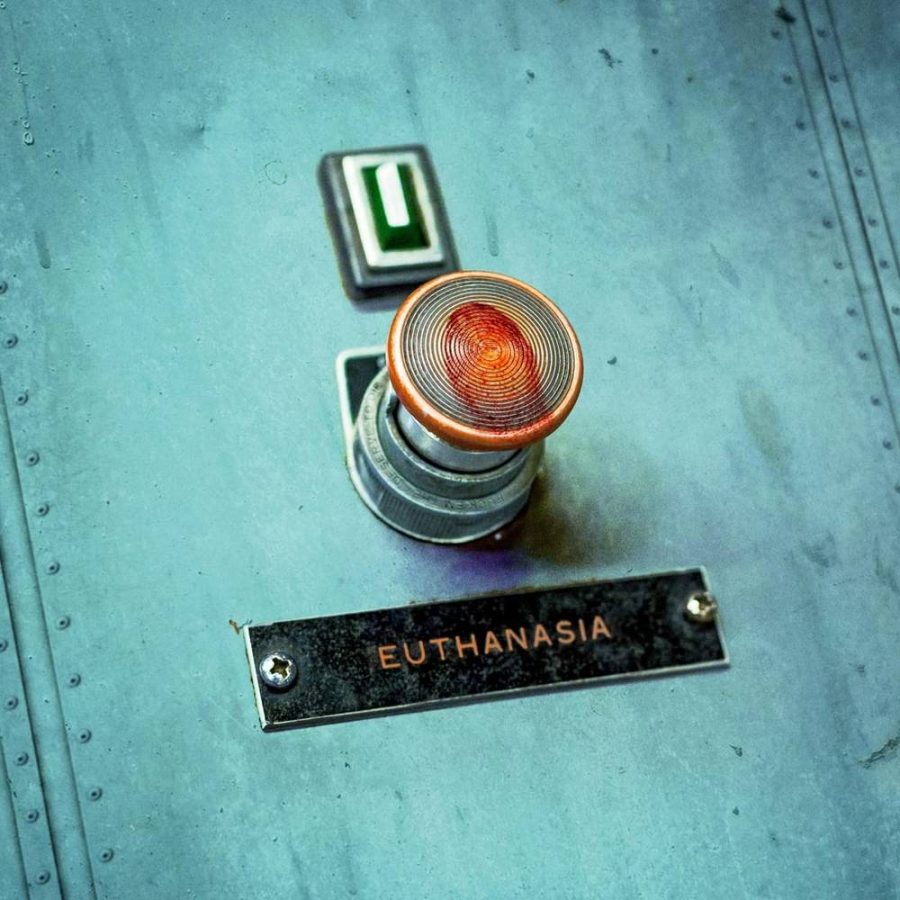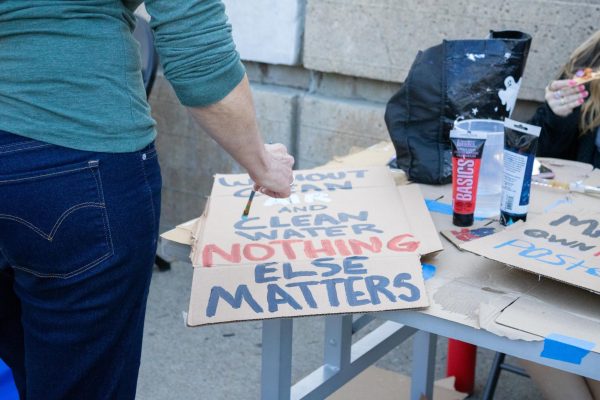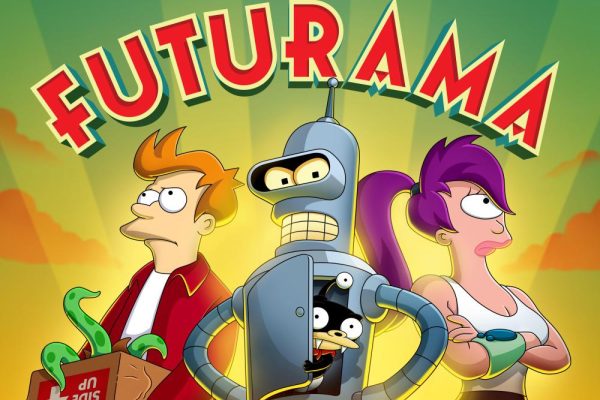Stray from the Path’s “Euthanasia:” An Introspective Look at the Past
“Here’s another victim of the modern age,” are the first words you hear when listening to the tenth album from Long Island, New York’s Stray from the Path. Their penchant for on-the-nose lyrics is evermore present in “Euthanasia”. Whether it be impeccable drum work by Craig Reynolds, dirty guitar riffs by Tom Williams, heart-pumping bass by Anthony Altamura, or chilling vocals from Drew York, there is not a dull moment on this record.
“Needful Things,” the opening track, begins with the aforementioned line and explodes into a heavy riff, setting the tone of the instrumentation immediately. This track illustrates the struggles many in the workforce endure on a daily basis. It also highlights how younger generations are fighting back against the culture of working until retirement with the line, “The kids are coming for you, are you in or in the way?”
The second track, “May You Live Forever,” continues the onslaught by detailing how turning the other cheek can be a curse and not a blessing. The overwhelming attitude of this track is one of giving no peace to your enemies.
“III” does not represent the fact that it is the third track on the album. Rather, it is the third song in Stray’s “Badge and a Bullet” lineup, which criticizes the glorification of law enforcement and calls out police brutality. It is arguably one of the heaviest tracks on the album, which is no surprise considering this is the third time they have made a song like this.
“Guillotine” follows up “III” and is even heavier, calling attention to the stark contrast between the ultra-wealthy and the middle-class in the United States.
The lyric, “Let’s see you try and buy your way out of this,” hits the nail on the head for how the wealthy often attempt to buy their way out of their problems.
The fifth track, “Chest Candy,” is one of my favorites. It highlights the predatory practices used in military recruiting, and veterans’ mental issues, after being deployed. These practices are summed up as part of the chorus through the line, “Just sign your name and die for me.”
The latter half of the album begins with “Bread and Roses,” which features Jesse Barnett of Stick to Your Guns. It is much slower and mellow than the rest of Euthanasia, but someone can’t always give one hundred and ten percent.
The theme from “Needful Things” continues here, highlighting how many are worked to the bone and are unable to catch a break.
“Law Abiding Citizen” is quite possibly my favorite track, with its dirty riffs and punchy drums. It is somewhat a parody of how people have responded to many real-life events. However, it makes a complete turn at the bridge, as if the narrator had changed their viewpoint and decided to actively fight against the events and issues named in the song.
“The Salt In Your Spit” challenges those who do not respond when someone is talking about something they do not agree with. I and many others struggle with this confrontation, and it is very empowering.
The penultimate track, “Neighbourhood Watch,” calls out law enforcement again, this time touching on racism, “But I can’t sleep when they’re wearing the sheets in the precincts.” Such lyrics are reminiscent of Rage Against the Machine’s “Killing in the Name.” But the song does not regurgitate the same lyrics, rather it is a new look that is disappointing some thirty years later.
“Ladder Work,” the final track, is a depressing outlook on the state of the world. It details how those in power make rules just to break them and how we will never see serenity in this wounded world. It ends with a repeating automated phone script, “Hello, to meet the criteria for euthanasia, you must have an incurable, constant state, of unbearable suffering. If you think you qualify, please press ‘one.’”
Euthanasia is not just an introspective look at everything that has occurred from 2020 to now. It can also serve as a cautionary tale for the future and how humans need to treat each other better.












